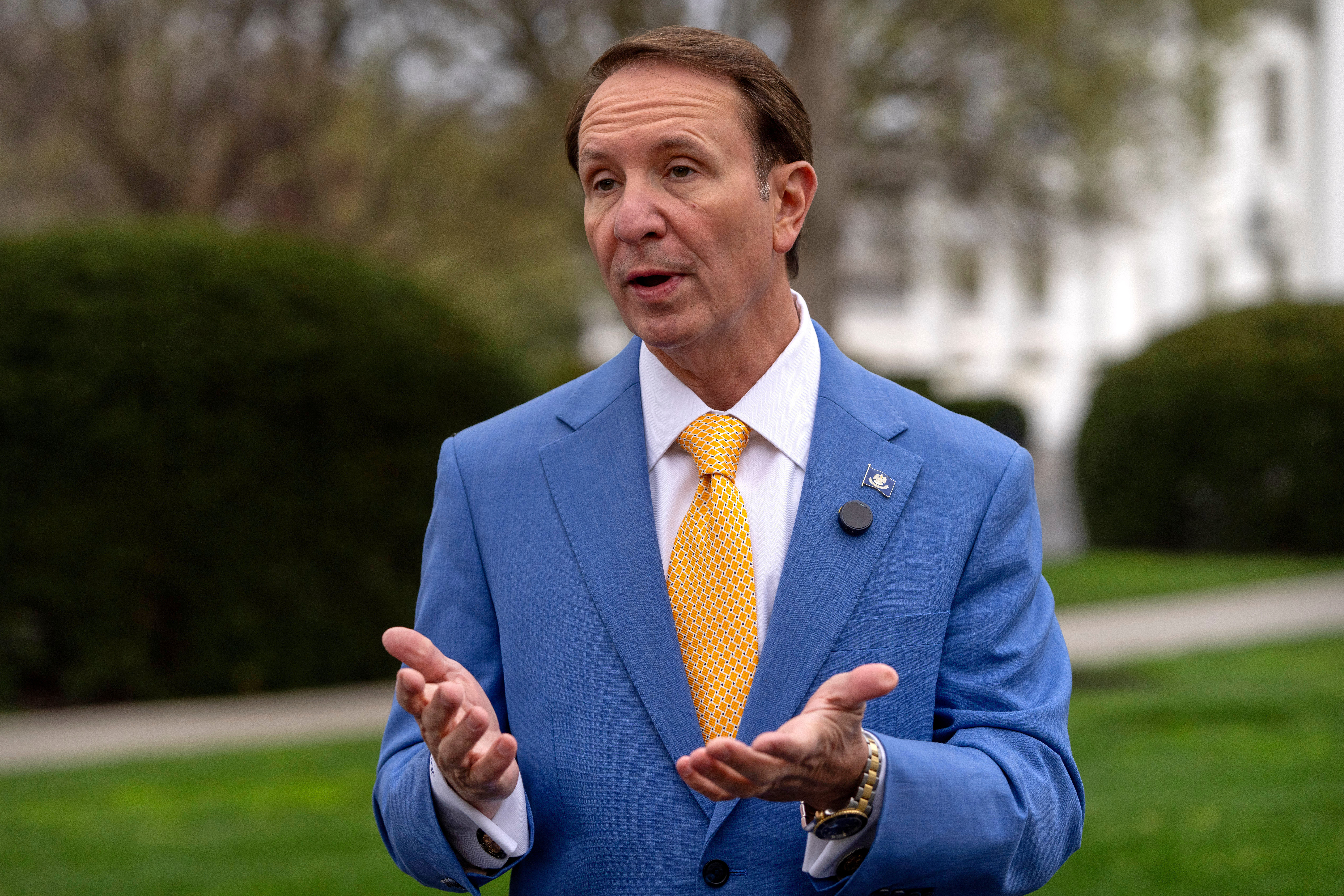Armed gunmen loyal to a rogue former general stormed Libya's parliament building Sunday in the latest round of violence that has rocked the North African country this weekend.
At least two militia groups from the self-declared Libyan National Army assaulted the General National Congress building in Tripoli Sunday. Witnesses reported hearing heavy gunfire and rockets as armed vehicles blockaded routes to the capitol building. (Via NBC)
Most of the country's lawmakers had already left or fled the building before the attack. Libya's Health Ministry reported two people were killed and 66 wounded. (Via BBC)
A military police commander, acting as a spokesman for one of the militia groups, announced on national television that Libya's parliament has been replaced with a 60-member constituent's assembly. The government says it plans to ignore that declaration. (Via Al Arabiya)
Forces loyal to former Libyan general Khalifa Haftar have taken credit for the attack. Haftar, who participated in the 2011 uprising against the country's former leader Muammar Gaddafi, has repeatedly criticized Libya's interim government for relying on Islamic militia groups.
Sunday's assault is Haftar's second offensive in Libya this weekend. On Friday, Haftar's militia groups alongside some of Libya's military units and aircraft attacked Islamic militias in Benghazi. (Via Al Jazeera)
Libya's interim government has branded Haftar's actions a coup. In response to the Benghazi attacks, the country's acting prime minister declared a no-fly-zone targeting its own air force over the city. (Via Euronews)
But Haftar claims he's acting under a popular mandate to rid Libya of terrorism and Islamic extremism. In a press conference Friday, Haftar said, "This is not a coup against the state, we are not seeking power. ... Terrorism and its servants want it to be a battle, so may it be a legitimate one." (Via The Guardian)
These recent attacks mark the worst fighting Libya has seen since the 2011 Arab Spring revolution. Since the uprising, the country has yet to produce a rewritten constitution, and the prime minister's seat has changed hands three times since this March.











